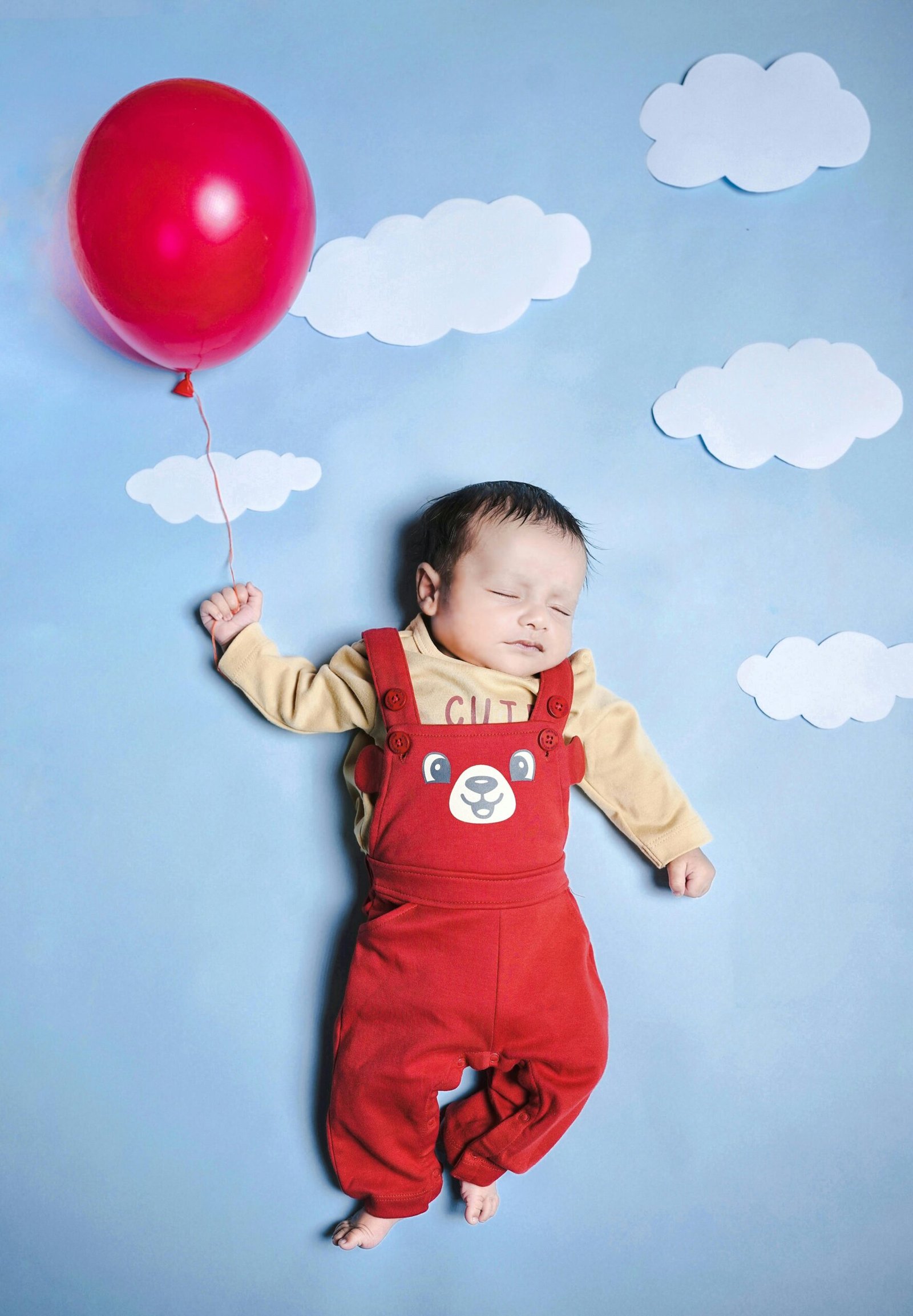
Before you think of making any major changes to your child’s sleep by introducing new sleep associations, or perhaps a second bedtime person, or maybe even changing how your child falls asleep because the current way has become unsustainable, for whatever reason, I always urge parents to look at their little one’s sleep hygiene, and share these ideas in order to take advantage of the natural ways you can improve your child’s sleep, without having to change much at all.
Starting with the easy things, like looking at your child’s sleep times, and working on sleep hygiene, can often mean huge improvements to sleep, without having to move on to the more difficult changes.
Working out your child’s sleep needs
When I work with a client, I always ask them to fill in a 5 day sleep diary in order for me to be able to work out how much sleep their child is getting in a 24hr period, while this is just an average over the 5 day period, it give me great insight into how much sleep their little one is capable of having over 24hrs, and I will then give them suggested sleep times as a base line to work off. This is not always the perfect timings from the get go, but continuing to log after introducing the new times will then give me an idea of how well it is working, or not, and then I will make tweaks to the timings as the support period goes on.
Time spent outdoors
Spending time outdoors during the day boosts serotonin production, a key precursor to melatonin—the hormone that promotes sleep. Taking your child outside in the morning or afternoon can help support a healthy day-night sleep cycle. To enhance this, maintain a dark nighttime environment. In winter, this is easier due to the naturally longer nights, but in summer, you might find blackout blinds useful for creating a darker bedroom
Screen Time Limits
Research has shown that screen time can negatively affect young children’s sleep. The WHO advises no screen time for children under two years old, and for those aged two and above, a maximum of one hour per day, with less being preferable. Whether or not you allow your child to use screens, I recommend limiting their use significantly. Avoid screens entirely for at least an hour before bedtime, as they can be highly stimulating, and refrain from using them before 7 a.m., as the blue light may encourage habitual early waking in children.
Exercise
Research suggests that babies who are more active tend to sleep better. To support this, try incorporating about 30 minutes of floor play or tummy time daily (spread throughout the day) for younger babies. Whenever possible, avoid keeping them restrained in a high chair, pram, or sling for more than an hour at a time while they are awake.
For older children -engaging in “silly time”—dancing, rolling, rough housing or playful floor activities—can be a fun way to interact with your child while also helping to tire them out. Babies and young children thrive on this kind of active play!
Temperature
Make sure your child is comfortably dressed and neither too hot nor too cold. Aim to keep their room at the recommended safe temperature of 16°C-20°C, which can help prevent temperature-related wake-ups. A room thermometer can be a useful tool to ensure the environment stays within this ideal range.
Stress Levels
Be mindful of your own stress levels, as babies and children often rely on parents and caregivers to help regulate their emotions—a process known as co-regulation. If your child senses that you’re stressed or anxious when they are upset, it may heighten their frustration or distress. Even if you’re feeling overwhelmed, try to remain calm and composed (even if you have to put on an Oscar winning performance!) This helps reassure your child that they are safe and cared for, making it easier for them to relax.
Taking a few minutes each day for yourself—whether through breathing exercises or mindfulness—can help you feel genuinely calm and relaxed around your child. Over time, they’ll learn to self-regulate by observing you manage your own emotions. It’s completely normal to feel stressed at times; parenting is challenging, and no one is perfectly calm all the time. Remember, we’re all human, and feeling stressed when things don’t go as planned is a natural reaction. Give yourself grace and take small steps to recharge.
Motherese
You’re probably already using “motherese” without even realising it! This is when an adult speaks to a child in an exaggerated tone, often with animated facial expressions, to convey understanding and reassurance. For example, if your child is upset, you might instinctively adjust your tone and expression to comfort them—that’s motherese in action. Once you know the term, you’ll likely notice yourself doing it often; I know I did! Using this approach can be especially helpful when introducing a new routine. Even without behavioural strategies, your child may sense changes in their sleep timing and appreciate the extra reassurance this way of communicating provides.
Baby Massage
Baby massage has been found to aid infants falling asleep faster, and sleep problems, may improve. For older children who are sensory seekers, some deep pressure squeezes can be a good way of getting this sort of sensory input in, without trying to get them to lie down for a full massage. Naming body parts and squeezing firmly as you go along can be a great game to play.
